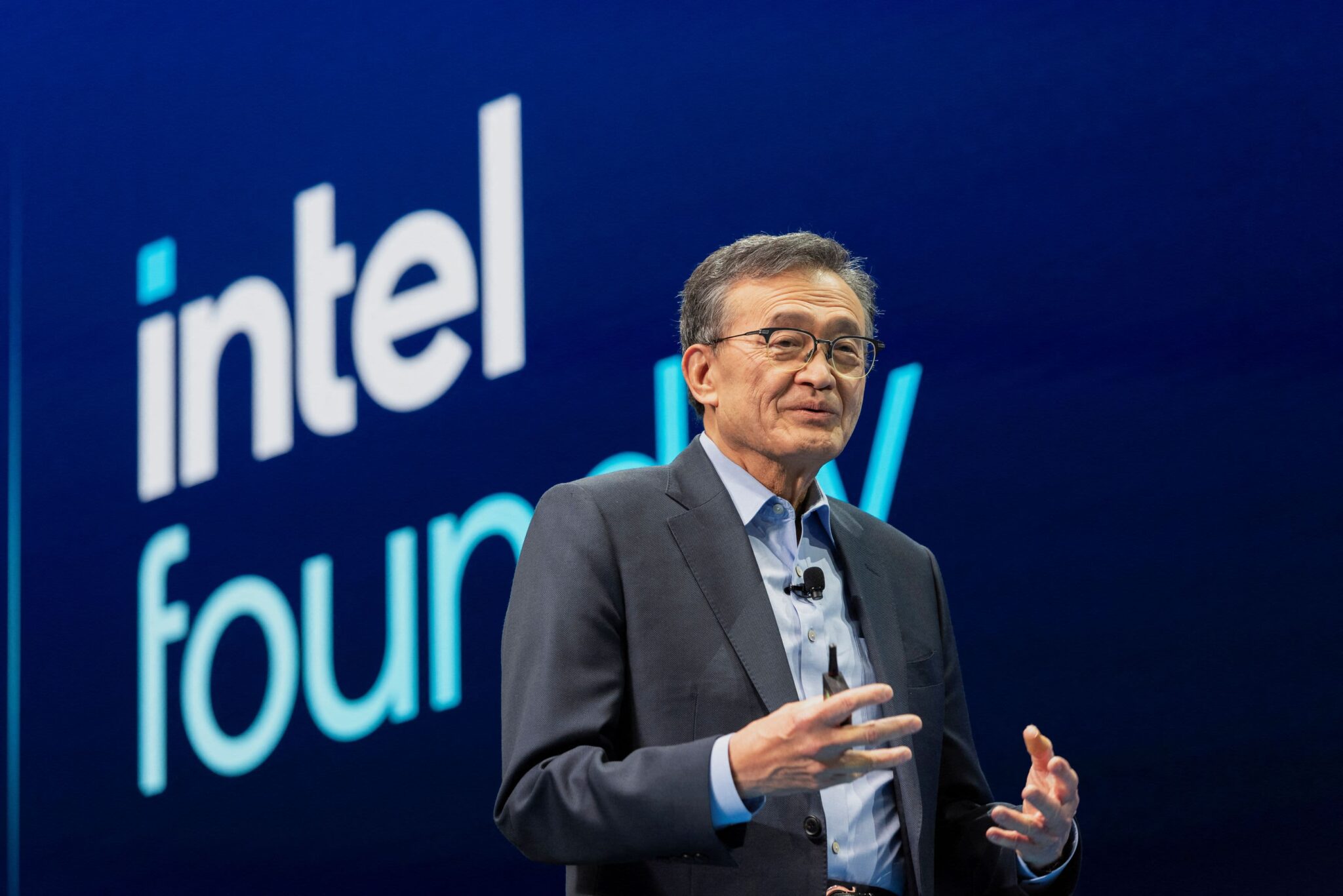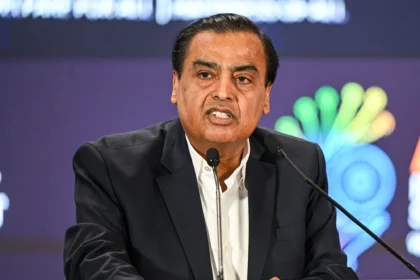In a bold and public rebuke, U.S. President Donald Trump has urged Intel Corporation’s CEO to step down, branding him as ‘conflicted’ and questioning his leadership amid growing challenges within the semiconductor giant. This unprecedented call from a former president underscores the heightened scrutiny technology leaders face as they navigate geopolitical tensions, supply chain disruptions, and fierce competition in the global chip industry. The episode highlights the intersection of politics, corporate governance, and national security concerns in today’s high-stakes tech landscape.
Background: Intel’s Leadership Under Pressure
Intel, once the undisputed leader in semiconductor manufacturing, has faced mounting pressure over the past several years. Challenges include:
- Delayed Product Launches: Intel’s struggles to transition to advanced chip manufacturing nodes have allowed rivals like TSMC and AMD to gain market share.
- Supply Chain Disruptions: Global shortages and geopolitical tensions, especially between the U.S. and China, have complicated Intel’s production and sales strategies.
- Strategic Shifts: Intel has embarked on ambitious plans to invest in new fabs (fabrication plants) and diversify supply chains, requiring strong leadership to execute successfully.
Against this backdrop, Intel’s CEO has become a focal point for criticism and expectations from investors, policymakers, and industry watchers.
Trump’s Criticism: What He Said and Why It Matters
Donald Trump’s call for the Intel CEO to resign was delivered via social media and public statements, accusing the executive of being ‘conflicted’—implying divided loyalties or an inability to fully prioritize American interests.
Key points from Trump’s critique include:
- Allegations of Weak Leadership: Trump suggested the CEO has failed to effectively counter China’s semiconductor ambitions.
- National Security Concerns: The former president emphasized the strategic importance of semiconductors to U.S. security and economic dominance, implying that Intel’s leadership should be more aggressive.
- Political Undertones: Trump’s comments reflect ongoing tensions around U.S.-China relations and the role of American tech firms in that dynamic.
Trump’s intervention signals the growing politicization of corporate leadership in industries critical to national competitiveness.
The Broader Context: Semiconductor Industry at the Crossroads
The semiconductor industry is at a critical juncture, shaped by several powerful forces:
- Geopolitical Rivalries: The U.S. and China are locked in a strategic competition for technological supremacy, with semiconductors at the heart of the battle.
- Supply Chain Realignment: Companies like Intel are under pressure to build domestic manufacturing capabilities and reduce reliance on Asian foundries.
- Innovation Race: Rapid advancements in chip technology demand agile leadership and heavy R&D investment.
Leadership disputes and public criticisms reflect the enormous stakes involved in steering major chipmakers through this complex environment.
Intel’s Response and Market Impact
Intel has maintained that its CEO is committed to the company’s turnaround and strategic vision. The company’s board and investors have expressed confidence in the current leadership team, emphasizing:
- Long-Term Strategy: Intel’s plans include significant investments in U.S. and European fabs to boost supply chain resilience.
- Technological Innovation: Continued efforts to advance chip manufacturing and design capabilities.
- Collaborative Approach: Working closely with government agencies to align corporate strategy with national interests.
Despite Trump’s statements, Intel’s shares and investor sentiment have largely remained stable, reflecting faith in the company’s execution path.
The Role of Politics in Corporate Leadership
Trump’s public call raises important questions about the role of political influence in corporate governance:
- Executive Independence: CEOs must balance shareholder interests with national priorities, sometimes amid competing pressures.
- Public Accountability: High-profile companies in strategic sectors face intense scrutiny from government officials and the public.
- Risk of Politicization: Political interventions can complicate decision-making and distract from operational priorities.
This episode exemplifies the challenges tech leaders face in managing both business imperatives and geopolitical sensitivities.
What’s Next for Intel and Its CEO?
Intel’s future hinges on its ability to:
- Deliver on Manufacturing Goals: Successful ramp-up of new fabs and process nodes will be critical.
- Navigate Geopolitical Risks: Balancing global market access with compliance to government regulations.
- Maintain Leadership Stability: Retaining executive focus amid external pressures will be essential.
Investors and industry observers will be closely watching how Intel manages these challenges and whether leadership changes might arise.
Conclusion
Donald Trump’s call for Intel’s CEO to resign, branding him ‘conflicted,’ underscores the intense intersection of technology, politics, and national security in today’s semiconductor industry. While the criticism reflects broader frustrations about U.S. competitiveness in chipmaking, it also highlights the complex pressures corporate leaders face amid geopolitical rivalries.
As Intel charts its course forward, the episode serves as a reminder of how pivotal—and precarious—tech leadership has become in shaping the future of global innovation and economic power.







